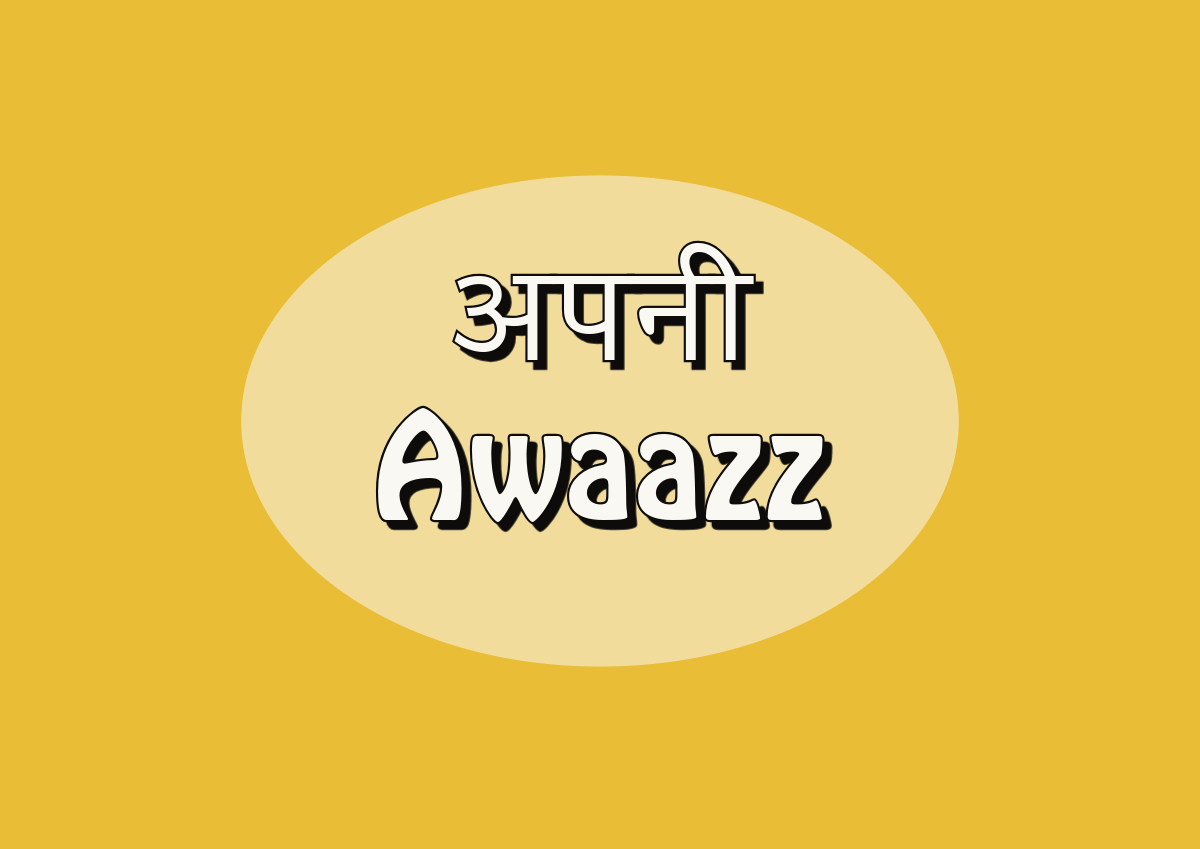The Union Cabinet on Thursday, December 12, approved the One Nation, One Election Bill, marking a significant step towards synchronising elections for the Lok Sabha and State Legislative Assemblies. The decision is based on recommendations made by a high-level committee led by former president Ram Nath Kovind.
The proposal and the report
The Cabinet, in September this year, approved the proposal for One Nation One Election (ONOE), paving the way for simultaneous Lok Sabha and state Assembly polls. The Cabinet accepted the report submitted by the panel headed by Kovind.
In March 2024, Kovind submitted a comprehensive 18,626-page report to President Droupadi Murmu, culminating 191 days of rigorous consultations, expert opinions, and research since the committee’s inception on September 2, 2023.
The report reflected inputs from 47 political parties, 32 of which supported simultaneous elections, along with 21,558 responses from citizens, with 80% backing the proposal. Expert opinions from four former chief justices of India, 12 former chief justices of major high courts, four former chief election commissioners and the Election Commission were sought.
Responses were received from 47 political parties. Barring 15 political parties, the remaining 32 political parties not only favoured the system of simultaneous elections, but also advocated its adoption for saving scarce resources, protecting social harmony, and stimulating economic development,” the report said.
“Those who opposed simultaneous elections raised apprehensions that its adoption could violate the basic structure of the Constitution, be anti-democratic and anti-federal, marginalise regional parties, encourage the dominance of national parties, and result in a presidential form of government,” it added.
Parties who supported and opposed
Among the national parties, the Congress, Aam Aadmi Party (AAP), Bahujan Samaj Party (BSP), and the Communist Party of India (Marxist) opposed the proposal, while the Bharatiya Janata Party (BJP) and the National People’s Party (NPP) supported it.
Union Cabinet Approved Simultaneous Elections Bill
On Thursday, the Union Cabinet approved the much-anticipated ‘One Nation, One Election’ (ONOE) bill during a Cabinet meeting chaired by Prime Minister Narendra Modi . Now, after the nod from the Union Cabinet, the bill is likely to be tabled in the Parliament during the ongoing Winter Session. The step marks a significant move by the BJP-led central government towards implementing simultaneous elections for both the Lok Sabha and state assemblies.
The government has reiterated that with elections held separately for the central and state governments, the country faces multiple rounds of elections each year, consuming significant resources, money and time. However, after the electoral processes are streamlined, it will reduce the financial burden, and enhance governance.
Meanwhile, the Bharatiya Janata Party (BJP) has reportedly issued a three-line whip to all its MPs, asking them to be present in the House on December 13 and 14 for discussions on some important legislative issues. Union Agriculture Minister Shivraj Singh Chouhan, on Wednesday, made a strong pitch for ‘one nation, one election’, and contended that frequent polls were creating hurdles in the nation’s progress.
What is ‘One Nation, One Election’
The ‘One Nation, One Election’ Bill, is a significant step towards synchronising elections in the country. The idea focuses on holding simultaneous elections for both the Lok Sabha and State Assemblies across the nation. Prime Minister Narendra Modi has been a strong proponent of this concept for a long time. At present, elections for the Lok Sabha and state assemblies are held separately, either after the completion of a five-year term or when a government is dissolved for various reasons.
The decision is based on recommendations made by a high-level committee led by former president Ram Nath Kovind. The committee was incepted on September 2 last year. The committee, which played a crucial role in crafting the report, also included eminent members such as Union Home Minister Amit Shah, Ghulam Nabi Azad, Harish Salve, Law Minister Arjun Ram Meghwal and others.
Notably, in September 2024, the Union Cabinet approved the proposal for ‘One Nation, One Election’, paving the way for tabling the bill in the Parliament. The Cabinet accepted the report submitted by the panel headed by Ram Nath Kovind.
In March 2024, the committee under the former President submitted a comprehensive 18,626-page report to President Droupadi Murmu, culminating 191 days of continuous consultations, expert opinions, and research since the formation of the panel.
Pertinently, simultaneous elections were the norm in India until 1967. The ONOE proposal aims to bring back this practice, reducing election-related costs, improving administrative efficiency, and minimising the frequency of election-related disruptions.
